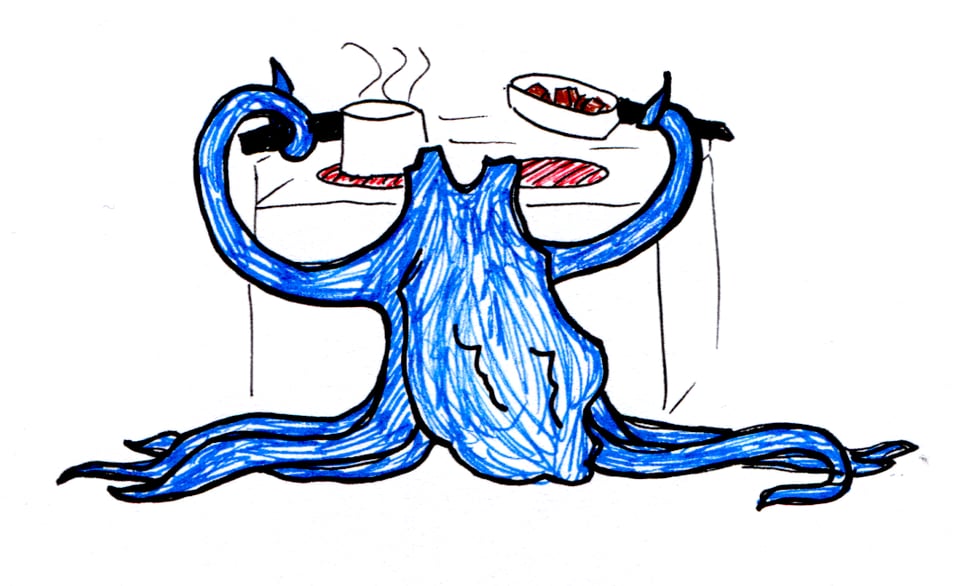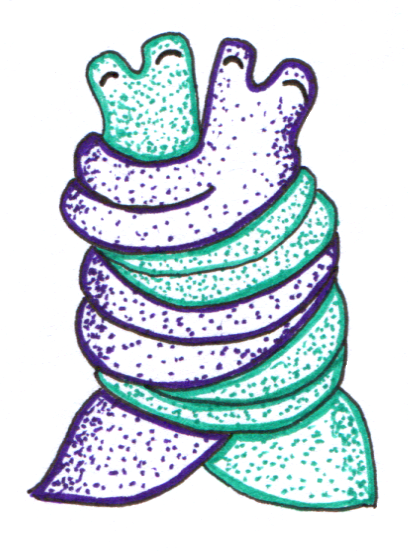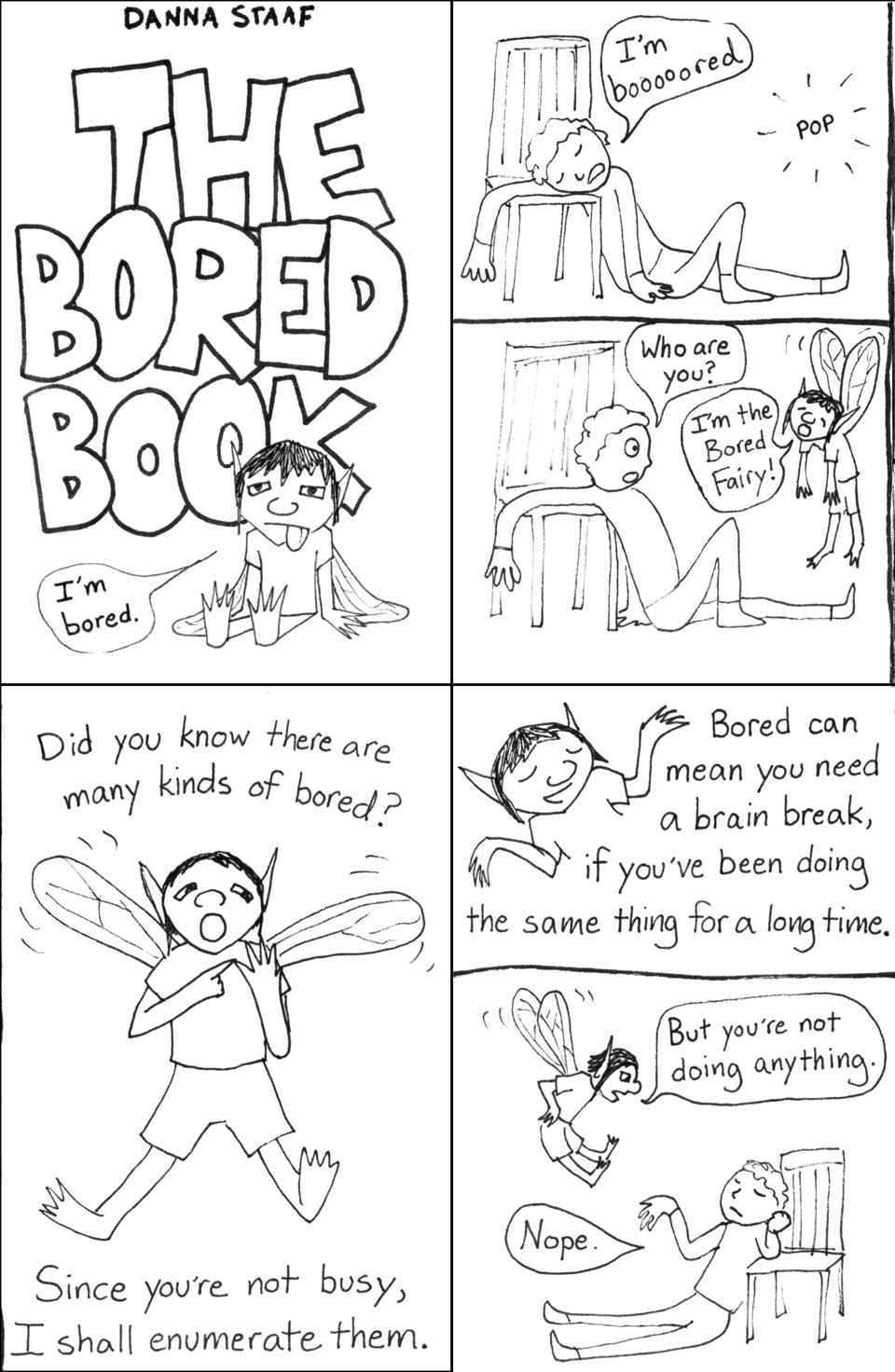The OctoPost: Hypercolor Squid, Octopus Taste, and The Bored Book
Cephalopod News
I often compare octopus suckers to human fingers. They’re small appendages on one’s arms, which are great at sensing and manipulating the environment though touch.
However, octopus suckers are also like human mouths. Their extraordinary sensitivity is similar to that of our lips, and what’s more—they taste. (Something an octopus’s tongue, called a radula, cannot do.)

Recent research has shown that octopus suckers can specifically taste the presence of microbes that indicate eggs are unhealthy, or food is rotten. As the New York Times reports, “This is similar to what happens when you taste spoiled milk: The sour taste comes from the microbes breaking it down.”
Thanks to Becky for sending me this article!
I’m fortunate to receive cephalopod news not only from friends and family, but also from the scientists who publish it, so another thank you to Roger Hanlon, who sent a fascinating study about the flashiest yet least understood type of color change in cephalopods.

The type of cephalopod color change that scientists understand best uses tiny pigmented organs called chromatophores. These “pixels” of yellow, red, brown, or black can be turned on or off at the speed of thought. However, cephalopod skin also has blues, greens, and purples. These colors come from iridophores, which use structural coloration to produce different colors at different viewing angles. And now, scientists have learned enough about how cephalopod iridophores shift between colors and transparency to recreate the effect in cloth!
Surely I’m not the only child of the late 20th century who dreamed of Hypercolor t-shirts that I could control, not with temperature, but with my mind? We’re getting closer.
My News
On Sunday, July 27th, I’ll be part of a workshop panel called “How to Draw an Octopus” at San Diego Comic-Con. I’ve never attended before, much less presented, and I’m super stoked. Many thanks to Sam Santos Julian (of Octopolis, my favorite non-dystopian post-apocalyptic cephalopod sci-fi comic ever) for organizing the panel and inviting me to join!
Further afield, on October 10, I’ll be a panelist on "The Power of Children's Nonfiction" at the California Reading Association Conference. Another new one for me, and it looks marvelous!
Funny Pages
Last year, I made a little 8-page zine (mini-comic) called The Bored Book. This summer, I finally posted it online so anyone can print one and make it into a book! The PDF and tutorial are here, and the entire comic is below.

![1: In the first panel, the Bored Fairy waves their arms and suggests, "It [boredom] can mean you're tired. Try a nap!" In the second panel, the person who was draped on a chair earlier is lying in bed, eyes wide open. In the third panel, the person glares at the fairy and says, "No." The fairy responds, "Fine." 2: The fairy looks out very intensely at the viewer and says, "Sometimes people say they're bored when they're AVOIDING SOMETHING." Four panels follow, close-ups of the person's expression: shocked, then thoughtful, then pensive, then shrugging and saying, "Not really." 3: Three diagonal panels, exciting! First panel, the Bored Fairy has big cute eyes and says, "Or when they're LONELY." Second panel, the person smiles and says, "I *was* lonely. But now you're here!" The fairy looks charmed and responds, "Aww!" Third panel, the person says with stuck-out tongue, "I'm still bored." 4: The Bored Fairy says, "Then all you need is an activity!" and offers the person a pencil, paper, and scissors. "Why don't you make a book?" The person reaches out to receive them happily. As this is the final page of the book, it also includes the credits: a tiny octopus, a copyright 2024 Danna Staaf, the website www.dannastaaf.com, and "with thanks to therapist Laura Place."](https://assets.buttondown.email/images/9f62bac5-ae4e-4367-a1b0-d3f7b5bdd626.png?w=960&fit=max)
Add a comment: